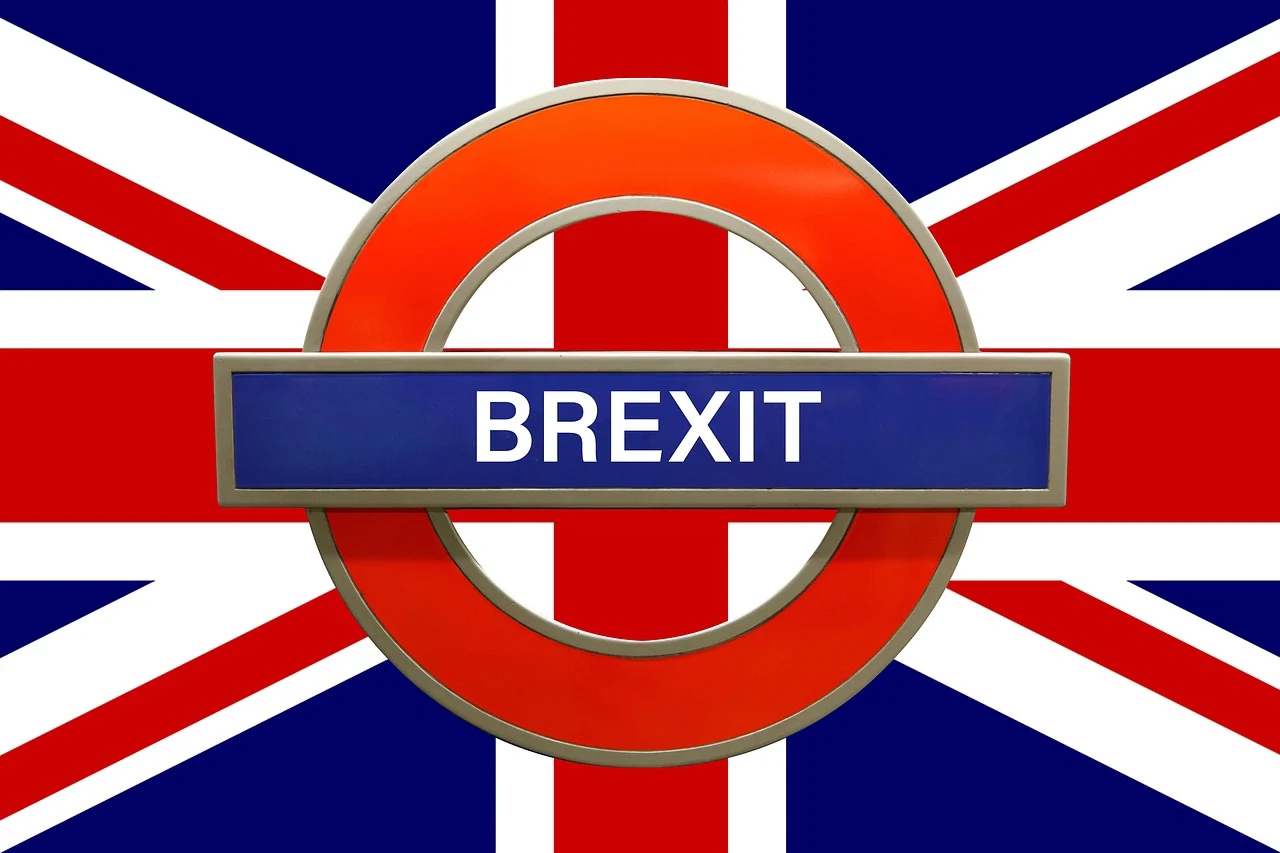2025 UK Post Brexit Healthy Diplomacy in Community : Building Resilient and Inclusive Future
The United Kingdom’s journey post-Brexit has been a transformative chapter in its history, shaping new pathways for diplomacy and community engagement. As the UK continues to redefine its international relations, the focus has shifted towards fostering healthy diplomacy rooted in community values, inclusivity, and mutual understanding. The year 2025 marks a pivotal point where diplomatic strategies are increasingly aligned with local community interests, emphasizing sustainability, cultural exchange, and economic cooperation. This approach aims to build resilient networks that not only enhance national stature but also promote grassroots development and social cohesion. The UK’s post-Brexit diplomatic landscape underscores the importance of soft power, dialogue, and shared prosperity, creating a model for other nations to emulate in fostering peaceful international relations through community-centered initiatives.
The United Kingdom’s departure from the European Union marked a significant turning point in its diplomatic landscape. While Brexit was primarily about sovereignty and economic recalibration, it also opened avenues for redefining how the UK interacts with the world at a community level. In 2025, the UK’s post-Brexit diplomacy is increasingly characterized by a focus on healthy, community-centered approaches that prioritize inclusivity, sustainability, and mutual respect. This shift reflects a broader recognition that resilient international relationships are built on strong local foundations, emphasizing dialogue, cultural exchange, and shared prosperity.
The Evolution of UK Diplomacy Post-Brexit
Post-Brexit UK diplomacy has transitioned from traditional state-centric negotiations to more nuanced, community-driven engagement. This evolution is rooted in the understanding that communities are the backbone of social and economic stability. By fostering grassroots partnerships, the UK aims to build a network of resilient and mutually beneficial relationships across the globe. These initiatives are designed to promote not only economic growth but also cultural understanding and social cohesion.
**Community-Centered Diplomacy: A New Paradigm**
Community-centered diplomacy involves engaging local leaders, organizations, and citizens in shaping diplomatic priorities. This approach recognizes that local communities often serve as the first point of contact in international relations, especially in multicultural societies like the UK. Initiatives such as education exchanges, cultural festivals, and collaborative projects in innovation have become vital tools for fostering goodwill and understanding.
For instance, UK towns and cities now actively participate in international cultural festivals that showcase local traditions while embracing global diversity. These events promote intercultural dialogue and create opportunities for community-led collaborations that transcend national borders. Such initiatives foster a sense of shared identity and collective responsibility for global issues like climate change, migration, and economic development.
Sustainable Development and Economic Cooperation
Sustainability has become a cornerstone of UK diplomacy. Post-Brexit policies emphasize environmentally responsible development, renewable energy projects, and sustainable trade agreements. Local communities are increasingly involved in these initiatives, ensuring that economic growth aligns with ecological preservation and social equity.
Through community partnerships, the UK is promoting green technologies and innovative solutions to climate challenges. For example, local businesses, NGOs, and government bodies collaborate on projects that create green jobs and promote sustainable urban development. This community-centric approach ensures that economic benefits reach all levels of society and that environmental goals are met with broad-based support.
**Cultural Diplomacy and Education
Cultural diplomacy remains a powerful tool in the UK’s post-Brexit strategy. Educational exchanges, language programs, and arts initiatives foster mutual understanding and respect. Schools and universities are partnering internationally to create curricula that highlight shared histories and future aspirations.
These educational exchanges not only enhance diplomatic ties but also empower young people to become ambassadors of peace and cooperation. Additionally, arts festivals and cultural exhibitions celebrating diversity serve as platforms for community engagement, breaking down stereotypes and building bridges between different cultural groups.
**Inclusive Policies for Social Cohesion**
Inclusion and social cohesion are fundamental to the UK’s diplomatic vision. Policies that promote racial equality, gender parity, and economic opportunity are integrated into community projects. These efforts aim to create an environment where all citizens feel valued and represented, which in turn strengthens the social fabric.
Community dialogues and forums provide spaces for marginalized voices to be heard, ensuring that diplomatic policies are responsive to diverse needs. This inclusive approach fosters a sense of belonging and collective ownership over national and international development agendas.
**The Role of Soft Power**
Soft power—cultural influence, diplomacy, and values—plays a crucial role in the UK’s post-Brexit strategy. By projecting a positive image rooted in openness, innovation, and respect, the UK aims to attract global talent, investment, and partnerships. Community-based initiatives serve as ambassadors of these values, demonstrating the UK’s commitment to peaceful, cooperative international relations.
**Challenges and Opportunities**
While the shift towards community-focused diplomacy presents numerous opportunities, it also entails challenges. Ensuring equitable participation across diverse communities, maintaining long-term engagement, and balancing local interests with national priorities require ongoing commitment and adaptability. However, these challenges are outweighed by the potential to build a more resilient, inclusive, and globally respected UK.
Looking Ahead
As we advance into 2025 and beyond, the UK’s commitment to healthy diplomacy rooted in community values offers a promising blueprint for other nations. It underscores the importance of grassroots engagement, sustainability, cultural understanding, and social inclusion in fostering peaceful international relations. By continuing to invest in community-led initiatives, the UK can build a future where diplomacy is not just about politics and economics but also about people, shared values, and collective well-being.
1. Post-Brexit UK is prioritizing community-driven diplomacy to foster stronger international and domestic relationships.
2. The focus on inclusivity and cultural exchange is strengthening social cohesion within UK communities and abroad.
3. Strategic partnerships now emphasize sustainability and shared economic growth to promote resilient international ties.
4. Diplomatic efforts are increasingly aimed at empowering local communities through education, innovation, and cultural programs.
5. The UK’s global outreach emphasizes dialogue and mutual understanding, reflecting a commitment to peaceful coexistence.
6. Building a resilient, inclusive society post-Brexit is essential for the UK’s sustainable future in an interconnected World.
================*****************************************================================*****************************************==============
🙏💐🌅🌏🏥🛡🌅💐🏥👩⚕👨⚕🛡🙏💐
In 2025, the UK is embracing a new form of Healthy Diplomacy centered around community engagement. This approach fosters stronger international ties by emphasizing shared values and cultural understanding. Local Communities are at the Heart of Diplomatic initiatives, promoting sustainable Development and social cohesion both Domestically and Globally.






No comments:
Post a Comment